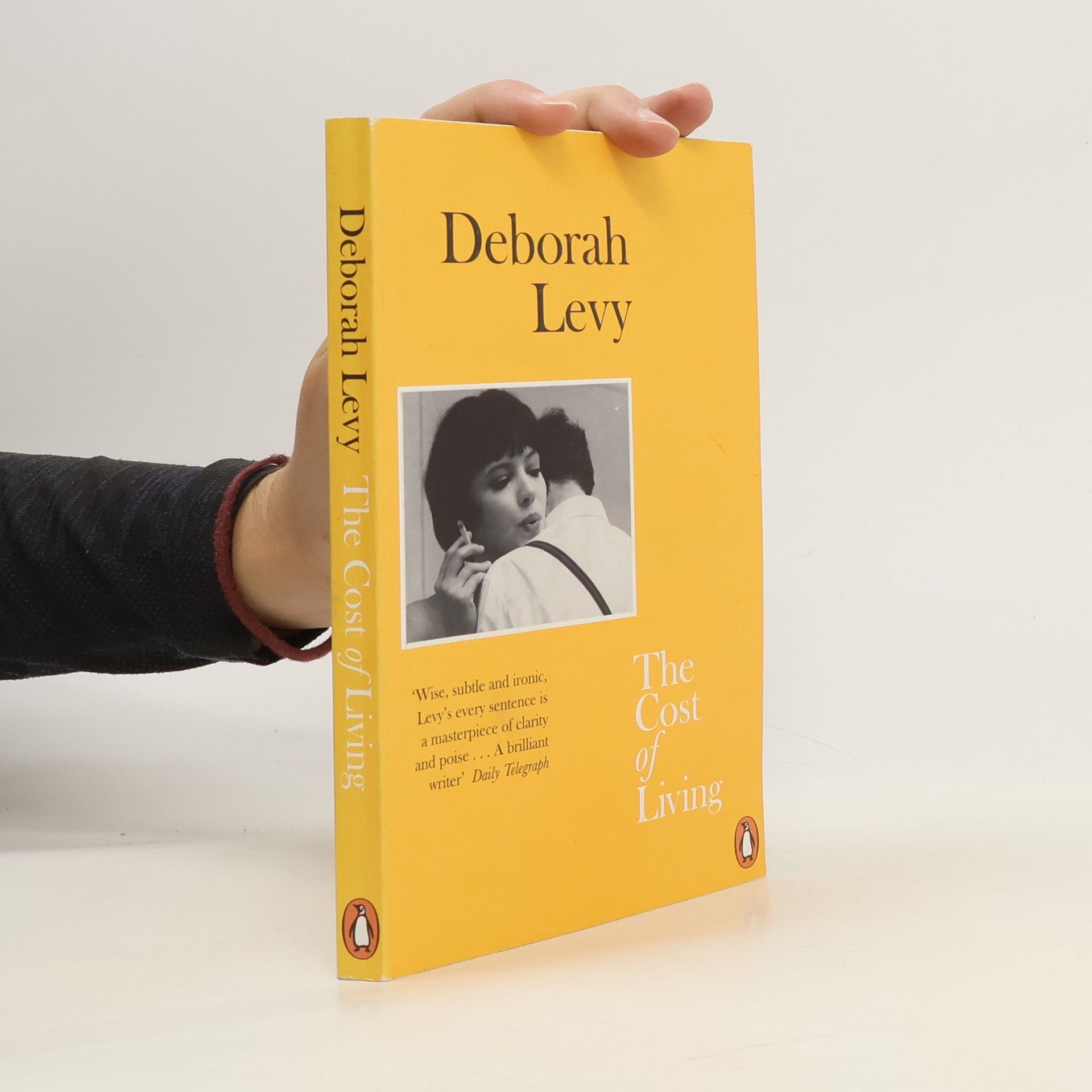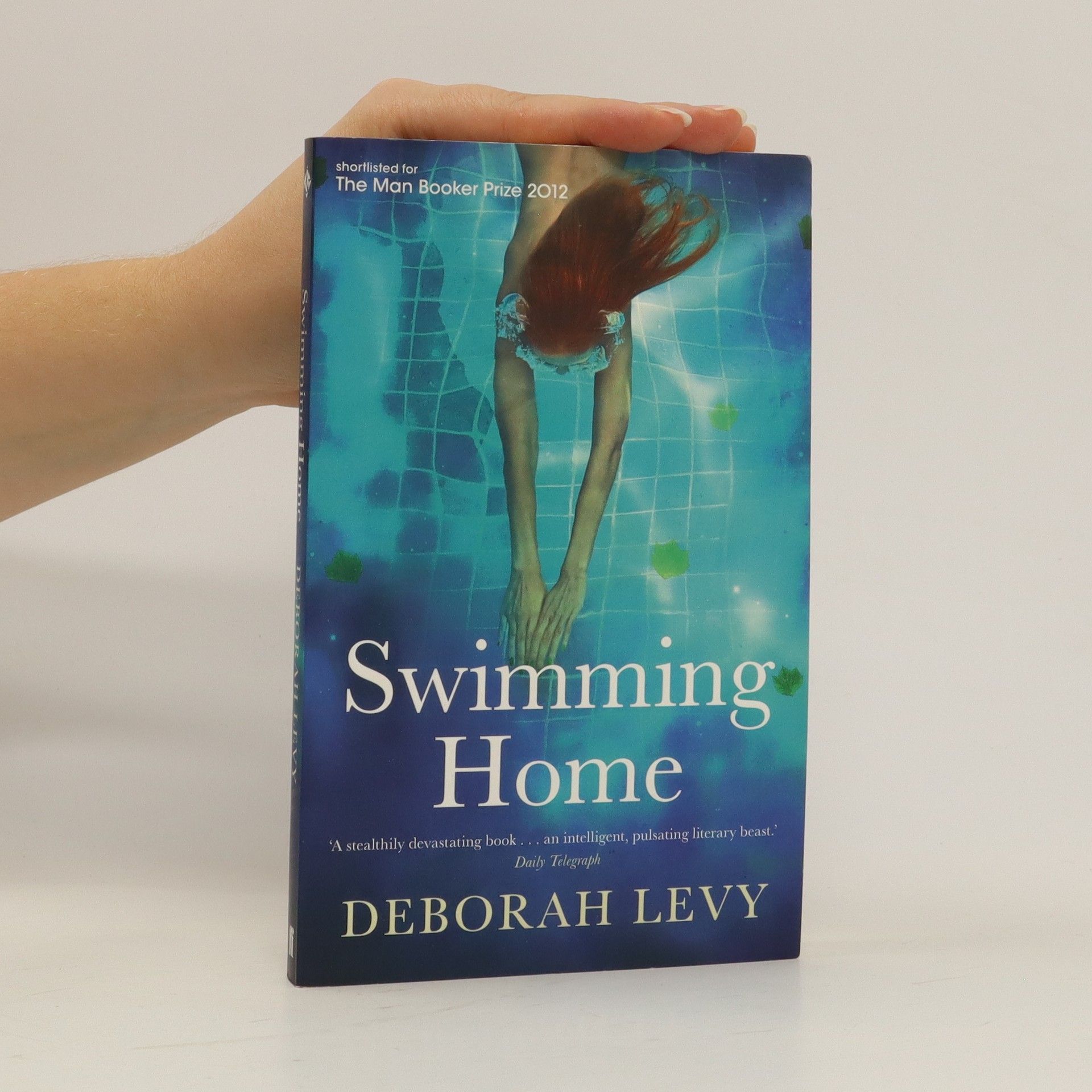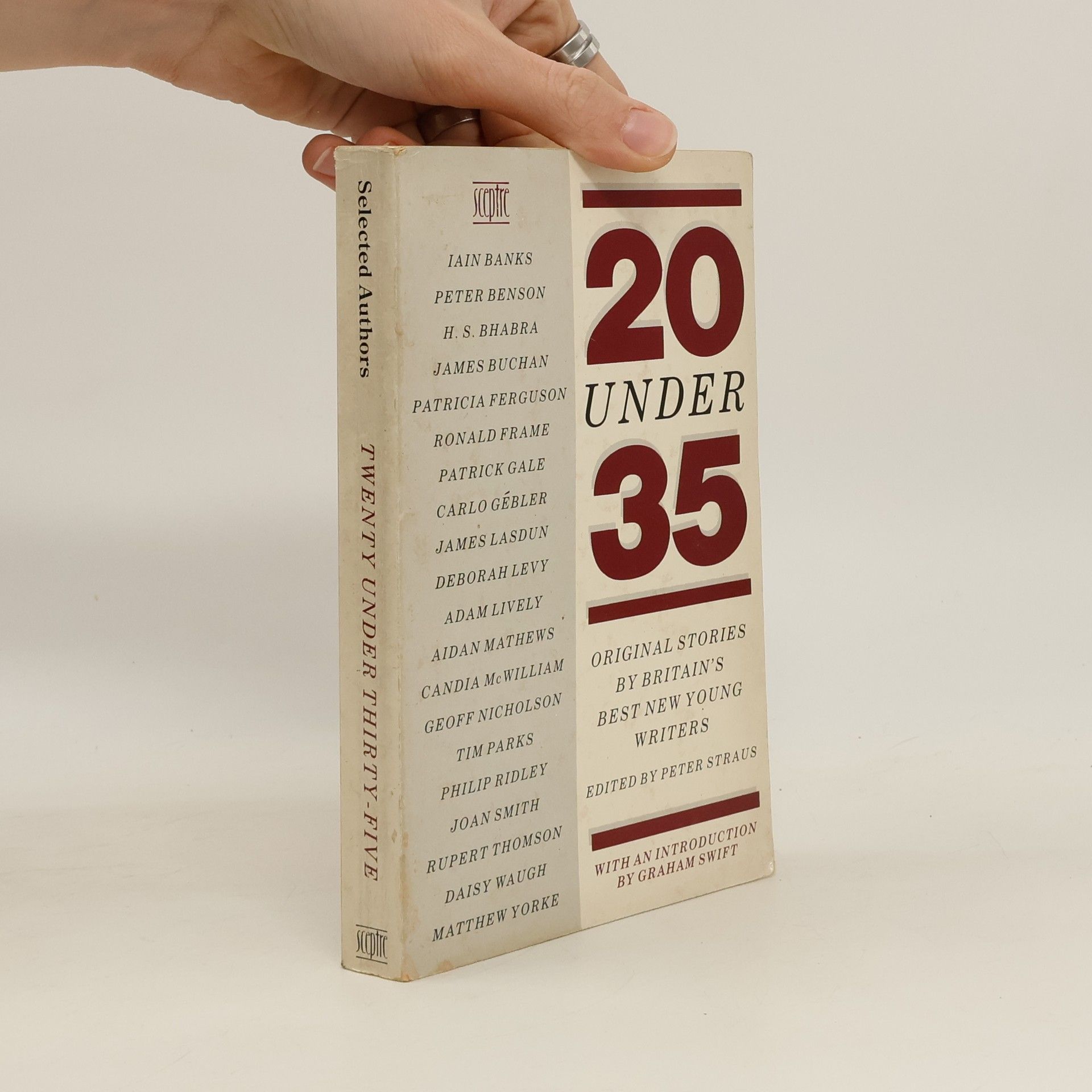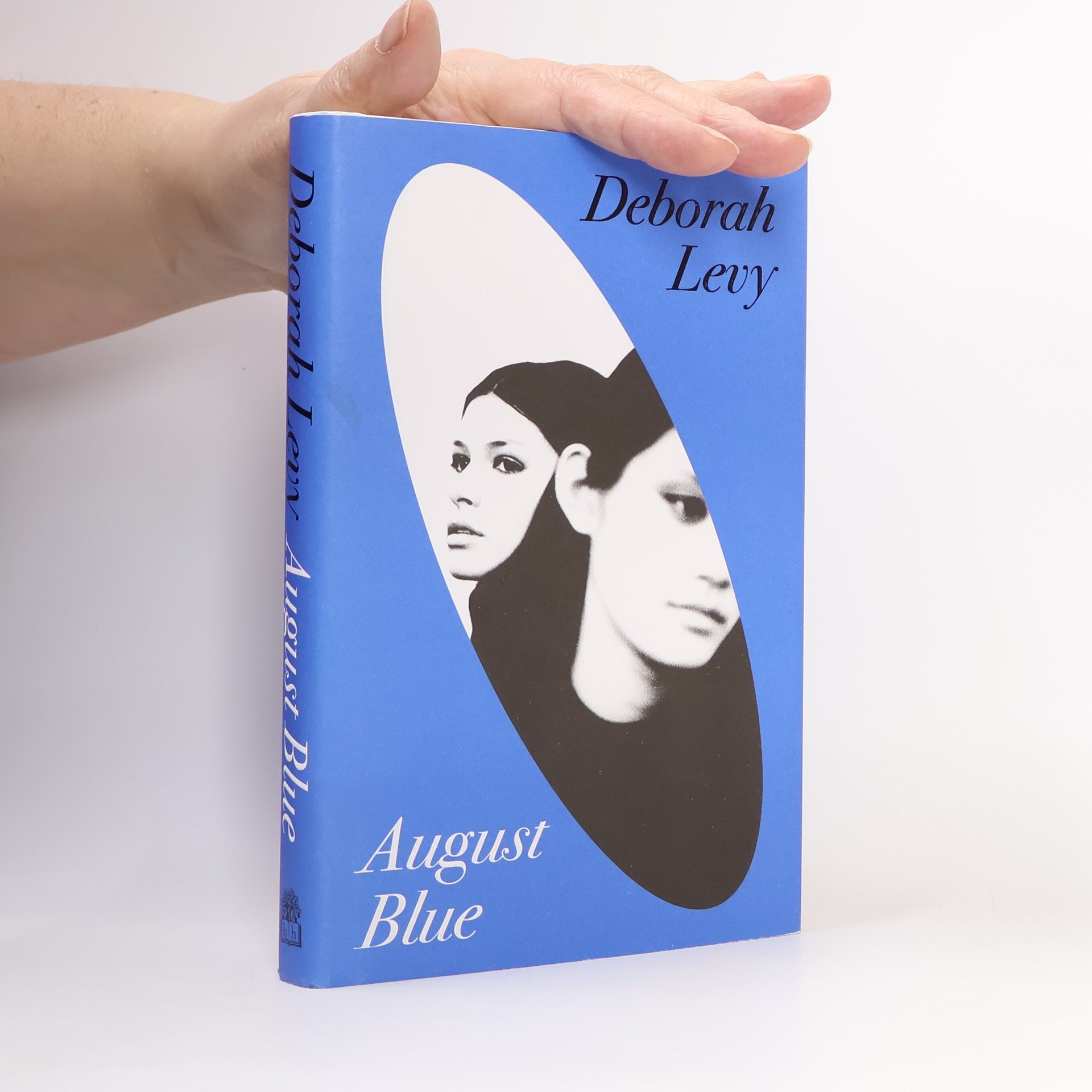Horúce mlieko
- 218 stránok
- 8 hodin čítania
Mladá antropologička Sofia sa pokúša vyriešiť záhadu nevysvetliteľnej dlhej choroby svojej matky Rose. Matkine ustavičné ponosy ju frustrujú, no zjavne jej vyhovuje, že sa nemusí osamostatniť a riešiť svoj neuspokojivý život dospelej ženy. Spolu s matkou odcestujú na horúce vyprahnuté pobrežie Španielska, aby tam spolu navštívili slávneho špecialistu, ktorý je ich poslednou nádejou, a dúfajú, že im pomôže vyriešiť záhadnú paralýzu Rosiných nôh.









